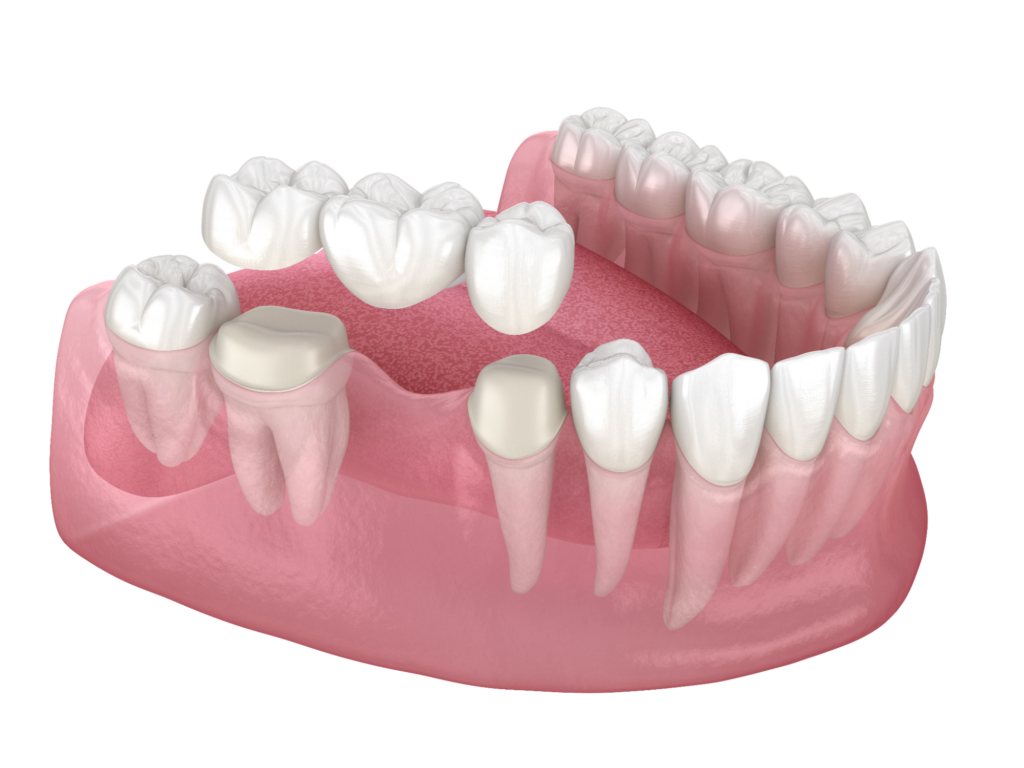Wisdom teeth appear between ages 17 and 21. This “rite of passage” comes and goes without event for most people. However, for others, the eruption of wisdom teeth may become problematic, especially if they erupt in the wrong place, cause crowding in your mouth or become impacted. Impacted wisdom teeth can cause serious health problems. It can cause gum disease, dry socket, lead to cysts, damage to other teeth, or even tumours.
If your dentist recommends you undergo wisdom teeth removal, read on. This article discusses everything you need to know about the procedure, including why you might feel pain during and after wisdom teeth extraction, instructions after wisdom teeth extraction, and wisdom teeth extraction recovery.
When Is Wisdom Teeth Extraction Needed?
According to experts, the right time to visit a dentist for the extraction of wisdom teeth is when one experiences certain changes in the mouth, such as:
- Pain
- Tumours
- Gum disease
- Extensive tooth/teeth decay
- Damages that extends to nearby teeth
- Sacs filled with fluids (cysts)
- Infection
However, there is more to these pointers. After visiting your dentist, you will likely get a more straightforward answer about whether you need wisdom teeth extraction or not. The following will guide the dentist to determine whether it is the right time to extract your wisdom teeth:
- Positioning –sometimes wisdom teeth come up from the wrong place, which becomes a potential place for food to be trapped. In time, bacteria may grow, causing tooth infection.
- Impacted tooth –this type of wisdom tooth tends to form a cyst, which may cause substantial damage to the roots of teeth.
- Crowding –new molars must find room to shoot up. However, your dentist may see it wise to remove the wisdom teeth if there is no space.
- Available infection – if the wisdom teeth have erupted recently, chances are they have caves, which may be potential breeding spaces for harmful bacteria.
- General oral care – in the event of improper wisdom teeth eruption, it might be a challenge to brush your teeth, leave alone remove plaque.
How To Prepare For Wisdom Tooth Extraction
Your dentist may suggest various actions after an office examination. Ensure that by the time you are at the dentist for the removal of your wisdom teeth, you know the answers to these concerns:
- How many wisdom teeth will be extracted?
- What sort of sedative is recommended or available?
- What are some of the potential complications of the procedure?
- How long will it take?
- What damage could occur to neighbouring teeth?
- Is there a likelihood that your nerves will suffer damage?
- What dental treatments will be needed after extraction?
- How long is the recovery time, and what will need to be done during that time?
It is good to find answers to all those concerns and any other problems before seeking wisdom teeth extraction.
What To Expect
It is essential to know that while most people have wisdom teeth, some don’t. Whether they erupt during childhood, teenagehood, or even adulthood, your dentist may recommend their removal to pave the way for the eruption of new teeth. Here is what you should expect during every step of removing wisdom teeth.
Before
Whether it is your dentist who will remove your wisdom tooth or an oral surgeon, it is most likely that you must make an appointment before the surgery. You also need to arrange who will drive you to and from the clinic. It’d be wise if you took a few days off from work.
During
You should expect the dentist or assistant to administer the anaesthesia on your tooth gum. The dentist will decide which type he will use from the following:
- General anaesthesia.
- Local anaesthesia.
- Sedation anaesthesia.
When it is clear that you are numb, the dentist will extract the wisdom tooth/teeth.
After
The most important part involves your healing. The dentist will let you rest for some time before they allow you to leave. After some time, you will wake up or feel pain at the injection sites. Take it easy. Your dentist will prescribe antibiotics, anti-inflammatory, and painkillers, which you are supposed to take for a period they will specify. Other things you need to do after wisdom teeth extraction include:
- Eating soft foods
- Staying hydrated
- Rinse your mouth using warm salty water
What Is Wisdom Teeth Removal Recovery Like?
Your first hours after removing wisdom teeth may be painful, occasioned with some bleeding, but it will disappear. During this time, it is advisable to avoid spitting. Instead, you can replace the used gauze.
The recovery process may be different for each individual. Generally, you’ll feel some pain for a few hours or even days. Over the counter painkillers can help with this. Swelling on the extraction site or side of your cheek may happen, but it will disappear after a while. If it persists, see your dentist.
Stay away from tobacco, brush your teeth after 24 hours, and always use warm water when rinsing your mouth. Make sure you finish any course of medication given to you by the dentist. This will help you recover more quickly.
Book an Appointment for Wisdom Teeth Extraction
Wisdom teeth are part of life, and whenever they appear, sometimes they need to be removed. To be sure it is the right time to remove your wisdom teeth, contact our team at The Dental Family Beaumaris today to book your wisdom teeth consultation appointment.


